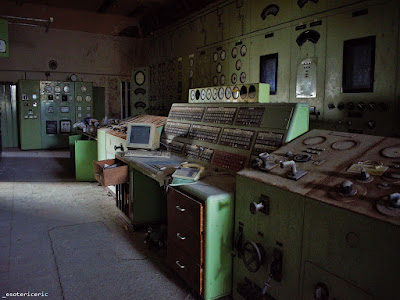History
The Meanwood Beck is a stream in West Yorkshire, England, which flows through Adel, Meanwood and Sheepscar into the River Aire in central Leeds. The same watercourse has been referred to as Addle Beck, Carr Beck, Lady Beck, Mabgate Beck, Sheepscar Beck, Timble Beck or Wortley Beck.
The beck was previously a source of water for the village of Headingley and two of its earliest bridges led straight to it. The beck carries a much reduced volume of water over recent years as water is collected instead into the many drains in the centre of one of Britain's largest cities.
Meanwood Beck runs through Meanwood Park and Woodhouse Ridge. It provides water and drainage for Meanwood Valley Urban Farm.
In the 16th to 18th centuries it provided power for corn mills. In the 19th century it supplied water for a chemical works and tanneries, one of which, Sugarwell Court, is now a university hall of residence.
The Beck suffered a serious pollution incident on 29 March 1999 when an oil tank at the University of Leeds' Bodington Hall was overfilled and 10,000 litres of oil flowed into the beck. It is also a habitat for the indigenous European crayfish, which is currently threatened in the UK by a plague carried by the Signal crayfish introduced from America. As well as the crayfish there is also bull head fish present which can be found easily with a net and a pair of waders; they generally are located on the stream bed in the mud and silt.
The Meanwood Valley Trail footpath follows the line of the beck for much of its course.
Source:
https://en.wikipedia.org/wiki/Meanwood_Beck
Esoteric Eric
History
This is the former Barnsley British Cooperative Society flour mill which stands on the north side of the River Don Navigation close to the Church of St John the Baptist. It started off as the "Don Roller Mills". It was owned by James White who sold it to the Barnsley British Cooperative Society in 1912.
Coltran Products Ltd are designers and manufacturers of quality metal products out of mild steel tube and wire, for the education, retail equipment POS, and industrial sectors.
The mill was earmarked for apartments in 2008 but by 2010 it was proposed to be demolished for housing but no work has begun.
Source:
https://en.wikipedia.org/wiki/Mexborough
https://mexborough.cylex-uk.co.uk/company/coltran-products-ltd-13791718.html
http://www.southyorkshiretimes.co.uk/news/coltran-building-to-come-down-1-768054
Esoteric Eric
History
The Rutland Mill complex which lays on the bank of the river Calder has been a grade II listed building since 5th March 1998 and was an integrated worsted spinning mill which was built between 1872 and 1875 by Isaac Briggs, a retired railway contractor who invested in the mill for himself and his sons. The building was made using red brick with polychromatic brick details and Welsh slate roofs. It is now being being renovated as part of the Wakefield waterfront regeneration scheme. The Hepworth Wakefield, is situated opposite the complex. Demolition of the buildings was supposed to take place in April 2015 to create space for a public waterfront area, however it has not been carried out as of yet.
Source:
https://www.28dayslater.co.uk/rutland-mill-wakefield-west-yorkshire-28th-november-2015.t100615
Esoteric Eric

























































